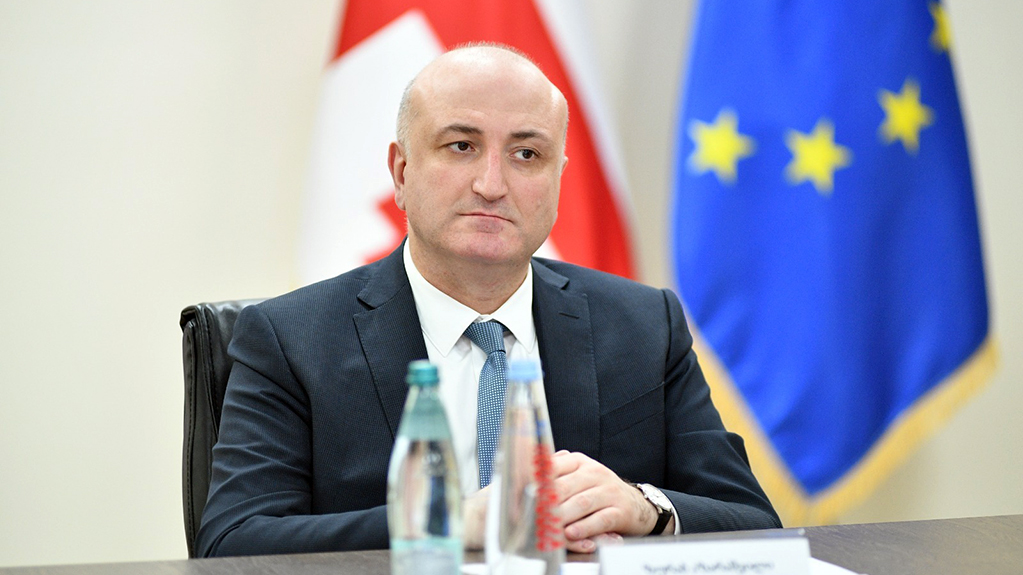According to the Ministry of Health, medicines to which the reference price does not yet apply are being sold in pharmacies for 32 times the import price, in some cases at 1000%, 2000%, and 3000% of the wholesale value. The issue is handed over to the National Competition Agency for study.
News
The issue concerns various medicines imported from Russia, India, Turkey and several EU countries: Oflab-Oz (34.58 GEL), Ioril-10 (23.81 GEL), Adazal-Neo (12.6 GEL), Dozilax (81.3 GEL) , Zinasen (45.3 GEL), Lornicus (22 GEL), Tribux Forte (43.5 GEL), Diovan (31.7 GEL), Biseptol (10.2 GEL), Treparin (116.3 GEL), Haizin (15.72 GEL), Floxazol (43.38 GEL), Etricib(22.74 GEL), Ariprada (15 GEL), Pitavastatin Normon (75.5 GEL), Depreram (47.2 GEL), Erythromycin (18.1 GEL), Hydrocortisone (4.9 GEL), Admiral (30.9 GEL), and Luteina (75.6 GEL).
According to the Ministry, medicine prices in large pharmaceutical chains are almost identical, which prompts the agency to express “reasonable suspicion” that a dishonest agreement is in place between pharmaceutical companies and an abuse of a dominant position.
“With existing unfair prices and unhealthy competition, the sector is harming the citizens in order to maximize profit. It is clear that there is no free, market-driven pricing for medicines among the large economic agents, and healthy competition is being choked by the unfair agreement. The pricing policies of large pharmaceutical companies carry signs of cartel-like deals,” says the Ministry of Health, which plans to introduce reference prices for these medicines in the future.
PSP Pharma accuses the government of distributing inaccurate information. According to the announcement made by the company, more than 50 GDP (Good Distribution Practices) certified distributor companies and more than 100 brokers operate in Georgia today, who are the suppliers of large pharmaceutical chains. PSP explains that from the list of medicines published by the Ministry, only one medicine - Diovan is imported by them, while all others are purchased from local suppliers.
“Diovan's mark-up is 26%, while the mark-up on all other medicines is not 3000%, but the margin does not exceed 29%,”the pharmaceutical company claims.
A few months ago, the Ministry of Health accused the pharmacies Aversi Pharma, Pharmadepo, GPC, LLC Mermisi, and PSP Pharma of artificially increasing the prices of oncology drugs. Moreover, Prime Minister Irakli Gharibashvili said that PSP, which belongs to the opposition MP Kakha Okriashvili, was making a 200-300% profit margin. This issue was also handed to the Competition Agency for investigation, although nothing came of in the nine months since.
The Ministry of Health sets reference prices - upper price limit - for drugs from January 1, 2022. As this stage, the reference price applies to more than 3200 medicines.















